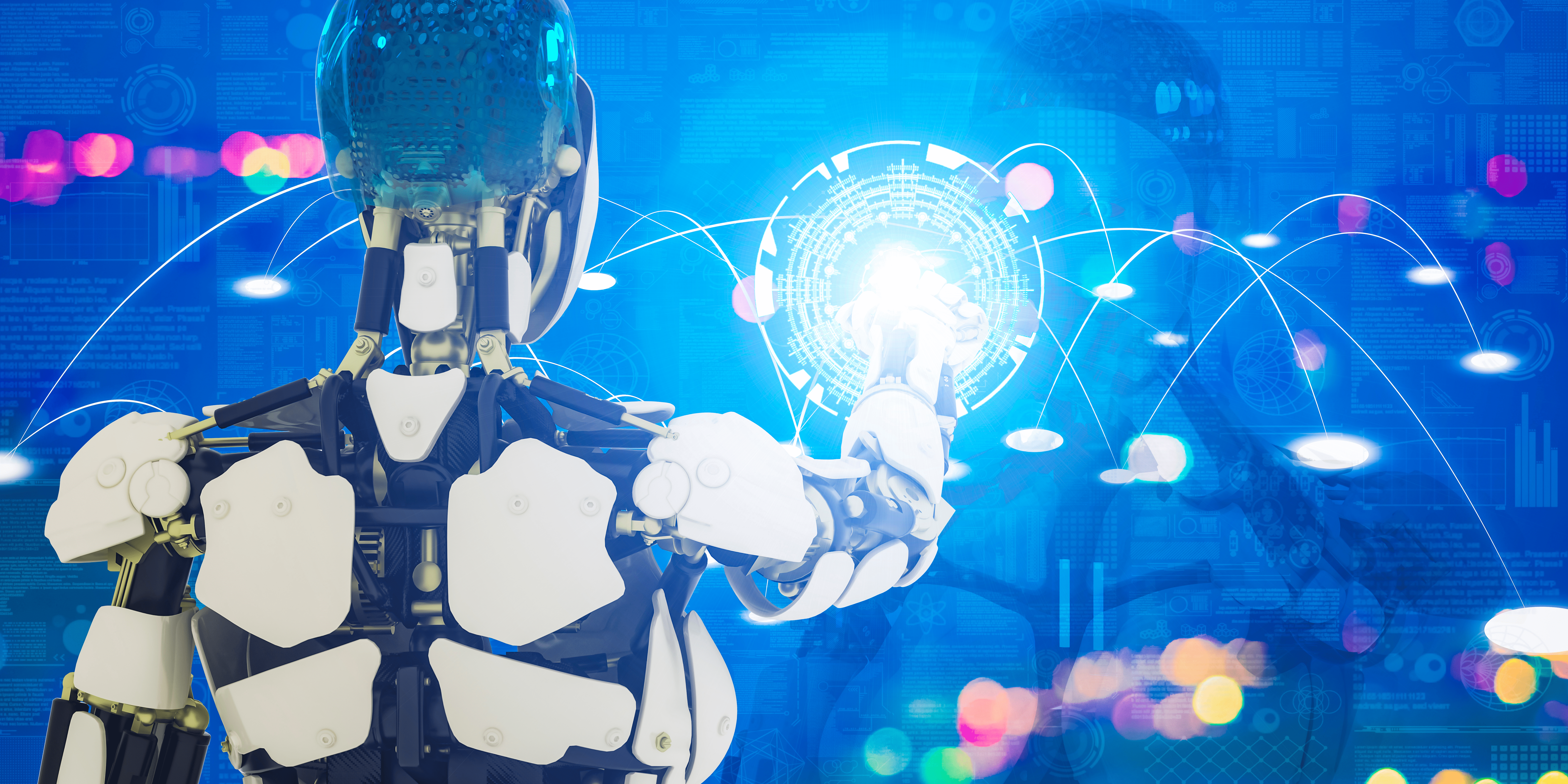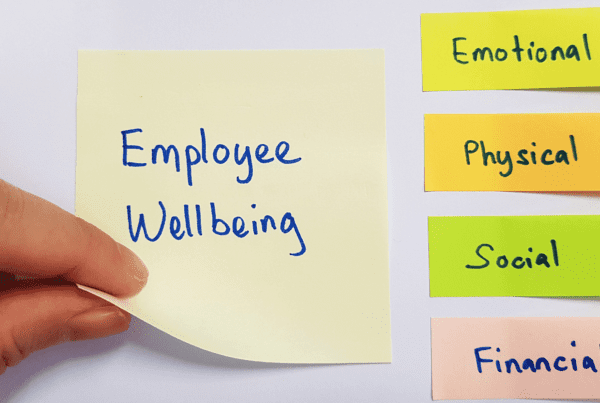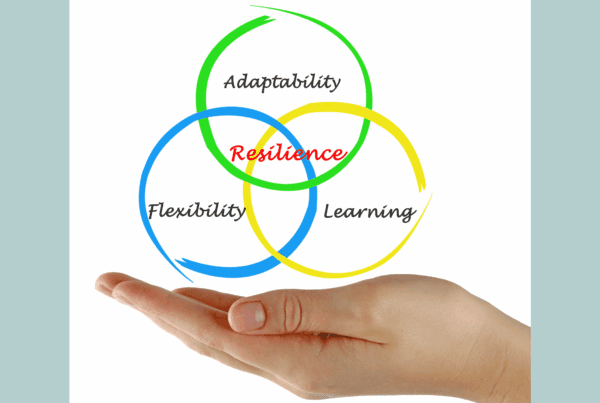The Impact of AI in Recruitment
Artificial Intelligence (AI) has revolutionised various aspects of our lives and recruitment is no exception. By leveraging AI, organisations could potentially streamline some of their hiring processes, enhance decision-making and ultimately attract and retain top talent. Here’s how AI could be used in recruitment:
- Automated Candidate Sourcing
- AI could sift through vast databases of resumes and identify potential candidates based on specific criteria.
- This automation could save significant time for HR professionals, allowing them to focus on more strategic tasks.
- Enhanced CV Screening
- AI algorithms could analyse CVs against job requirements efficiently.
- By identifying relevant skills and experience, AI could ensure that recruiters consider the most qualified candidates.
- Predictive Analytics for High-Potential Candidates
- AI could predict which candidates are likely to succeed based on historical data.
- This insight could help organisations invest their resources wisely and nurture promising talent.
- Reducing Bias in Recruitment Processes
- AI-driven tools could minimise human bias by focusing on objective criteria.
- This could promote diversity and ensures fair treatment during candidate evaluation.
- Streamlining Interview Processes
- AI-powered chatbots and virtual assistants could engage with candidates, answer queries and schedule interviews.
- This responsiveness could enhance the candidate experience and expedites the hiring process.
Challenges and Considerations
While AI brings significant advantages to the recruitment process, it’s essential to consider the potential drawbacks. Let’s explore some of the cons of using AI in recruitment:
- Lack of Human Judgment:
- While AI can predict patterns and automate tasks, it lacks the nuanced judgment that humans possess.
- Overreliance on AI may lead to overlooking exceptional candidates who don’t fit rigid criteria.
- Human intuition and context awareness are crucial for assessing soft skills and cultural fit.
- Insufficient Data Context:
- AI algorithms rely on historical data for decision-making.
- If the data is incomplete or biased, AI may make inaccurate recommendations.
- Organisations must ensure that their data is accurate, relevant and unbiased.
- Contextual understanding often requires human intervention.
- Candidate Experience:
- Some candidates may find interactions with AI, such as chatbots, impersonal.
- Lack of personal touch can negatively impact the candidate experience.
- Balancing automation with personalised communication is essential.
- Ethical Concerns:
- Bias can inadvertently creep into AI algorithms, perpetuating existing inequalities.
- Ensuring fairness and transparency in AI decision-making is critical.
- Organisations must actively monitor and address any unintended biases.
- Resistance to Change:
- Employees and candidates may resist AI-driven processes due to fear of job displacement.
- Change management and clear communication are necessary to overcome resistance.
AI in recruitment is not about replacing humans; it’s about leveraging their capability. While AI offers efficiency gains, organisations must strike a balance between automation and human judgement. By addressing these challenges, they could harness AI’s potential while maintaining a positive candidate experience. The successful adoption of AI in recruitment does however require thoughtful implementation and continuous evaluation.
Remember, successful recruitment isn’t just about technology — it’s about finding the right fit for both the organisation and the candidate. Let’s embrace AI while keeping our human touch intact.





